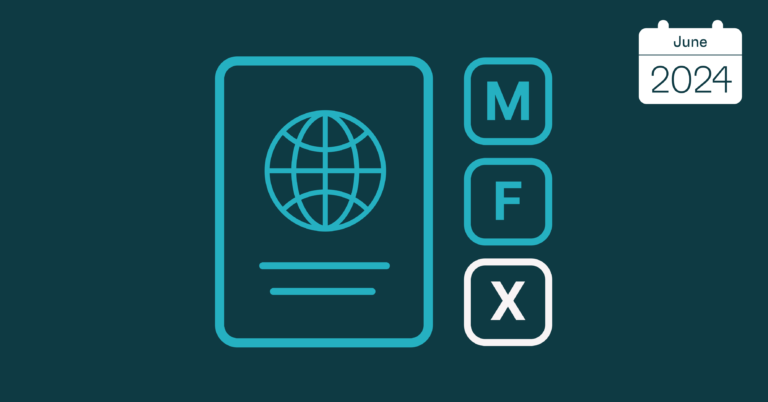By Farhan Rafi
A century after first hosting the Summer Olympics in 1924, the Games are back in Paris for the 33rd Olympiad. Taking place on 26 July-11 August, the Paris Olympics will arguably be the biggest event ever organised in France. Although Paris is already one of the most-visited cities in the world, the event is expected to attract 15 million spectators, including locals and domestic day trippers, and up to three million additional visitors in Paris.
The high volume of people in Paris during the event raises a few concerns for those interested in the games. Therefore, today we present you with a concise safety guide to the Paris Olympics.
How to get into and around France to reach the games?
- Travellers who are not based in the European Union territory will need a visa and a valid passport to enter the country.
- France launched an online system to facilitate the visa applications of certain attendees to the Olympics.
- Visa applicants should consider delays in visa appointments and processing times due to the significant influx of visitors.
Reaching the Olympics’ venues:
The Opening Ceremony will be held along a 6km stretch of the Seine River between Austerlitz and Iéna bridges in Paris on 26 July. For the first time in the Olympic Games history, the opening ceremony will be held outside of a stadium, making it accessible to the general public without admission fees. It is estimated to attract around 326,000 in-person spectators.
Flights
International visitors may reach Paris by flight via Charles de Gaulle International Airport (CDG/LFPG), located 23 kilometres (14 miles) northeast of Paris, or Orly Airport (ORY/LFPO), located 13 kilometres (eight miles) south of Paris. Driving a personal vehicle during the Olympics would be unreliable as Paris’ roads will be heavily congested and parking spaces would be scarce. Several days before the opening ceremony, roads and bridges along the Seine River will be closed to motorised traffic.
Public transport
There are numerous means of public transport in Paris. Railway (Paris Metro, RER and Translien commuter lines), trams and buses will run at maximum capacity during the games. However, some metro and RER stations will be closed before and during the games. On 18-26 July, 17 metro and RER stations will be inoperable, such as Cité (Line 4) and Champ de Mars Eiffel Tower (RER C). Champs‑Élysées‑Clemenceau, Concorde and Tuileries stations (Line 1) will be closed from 1 July to 21 September.
With the closures of stations in mind, travellers should plan their journey in advance. Travellers are advised to download the Next Stop Paris app for itineraries and maps. The price for Paris Metro tickets will almost double from July to September 2024. A special flat-rate pass for 16 Euros a day or 70 Euros a week during the games will be available for travel around Paris and its region.
Here are some tips on how to reach the Olympic venues:
Bercy Arena
This venue will host artistic gymnastics and basketball competitions. You can reach the venue by train at Bercy Station (Metro lines 6 and 14) or Paris Gare de Lyon Station (RER lines A and D, Transilien line R and Metro Line 1).
Roland Garros Stadium
Located on the edge of Bois de Boulogne Park, this venue is set to host tennis and boxing matches. You may reach the stadium by train at Avenue Foch Station (RER Line C) or Porte d’Auteuil Station (Metro Line 10).
Eiffel Tower Stadium
Champ de Mars Park, close to the Eiffel Tower, will host beach volleyball. Spectators may choose to reach the venue by train at Champ de Mars Tour Eiffel (RER Line C), Pont e I’Alma (RER Line C), Bir Hakeim (Metro Line C) or Alma Marceau (Metro Line 9) stations.
Alexandre III Bridge
This venue will host marathon swimming, triathlon, and road cycling above the Seine River. The closest railway station is Invalides Station (Metro lines 8 and 13, as well as RER Line C).
Stade de France
The country’s largest stadium will host athletics, rugby sevens and the closing ceremony. You can reach the venue by train at La Plaine Stade de France (RER Line B) and Stade de France-Saint-Denis (RER Line D) stations.
The official Olympics website allows attendees to calculate the estimated time to move between competition sites and the venues’ accessibility. Besides Paris, the Olympic games will also be held in other cities, including Marseille, Nice and Lyon, as well as French Polynesia’s Teahupo’o. Here are more details on the Olympics schedule and venues.
Is travelling around France safe?
- Another major concern that travellers should consider when using public transport in Paris is security. The biggest risks are pickpocketing, theft of valuables and bag-snatching. Avoid overt displays of wealth and be aware of your surroundings.
- There are no known travel restrictions relating to diseases. Travellers should exercise some caution about respiratory illnesses such as COVID-19. Masks are recommended if such infections spike during the summer months. In 2023, there were some headlines about Paris having a bedbug infestation on public transport and other places. Bedbugs are about the size of a small apple seed and are reddish-brown in colour. As a precaution or if you have spotted one, commuters are advised to wash their clothes and put them in a dryer at high heat for 30 minutes after returning home.
- There is a high possibility for protests to happen around working conditions and the allocation of resources for the Paris Olympics are also a high possibility. Law enforcement officers have also warned that they may go on strike during the event if their demands are not met. This will potentially cause disruptions in airport services and compromise security during the games.
Read an in-depth guide on navigating Paris during the Olympics here: Riskline’s Paris Olympics 2024 Informer.















